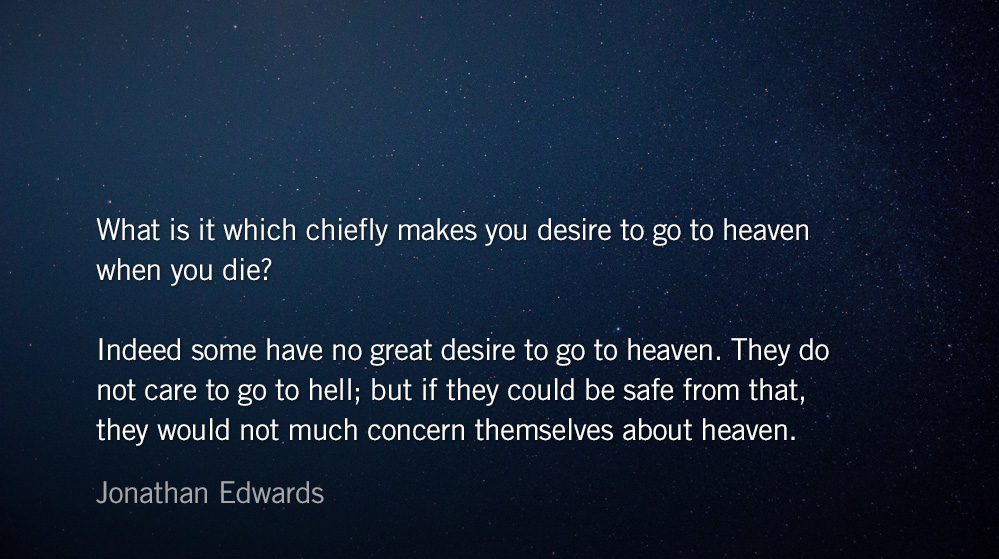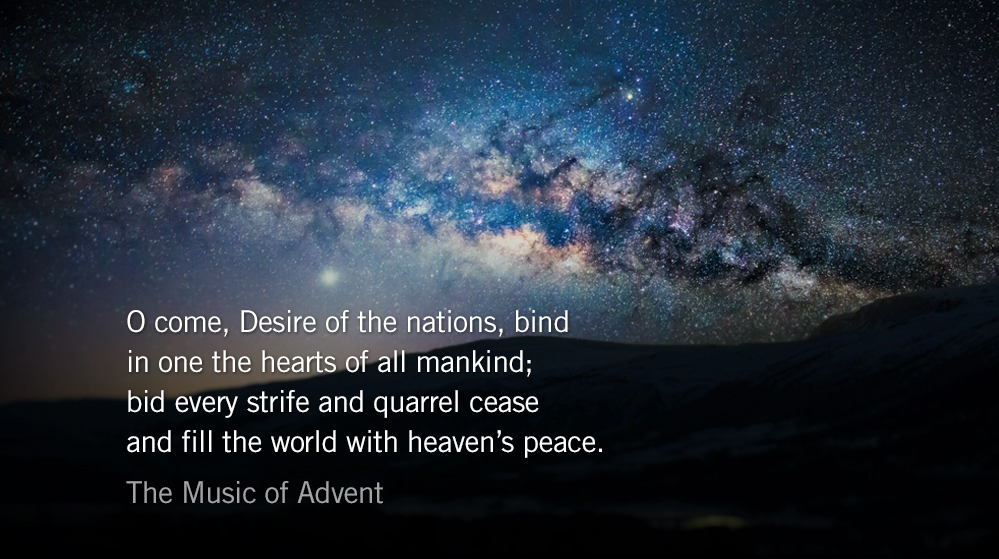“There are expectations that if you achieve some given thing, you’re going to be happy. But it turns out that’s not true.” — Raj Raghunathan
American culture weaponizes the human desire for happiness. Our founding documents give each citizen the legal right to engage in the “pursuit of happiness.” Our economic environment focuses this pursuit on the accumulation of material items and experiences—wooing all citizens into perpetual consumption, since there is no such thing as a content consumer. Even our dialogue around relationships comes back to one simple question, “are you happy?”
Anything that hinders the pursuit of constant and unconditional happiness—outdated electronics, jobs, marriages— instantly becomes disposable. And though we have more economic prosperity, comfort, connection, and freedom than any other people in the history of the world, we are profoundly unhappy.
In his book If You’re So Smart, Why Aren’t You Happy? marketing professor Raj Raghunathan explores research behind happiness, discontentment, and living a fulfilled life. Joe Pinkster from the The Atlantic summarizes:
There are three things, once one’s basic needs are satisfied, that academic literature points to as the ingredients for happiness: having meaningful social relationships, being good at whatever it is one spends one’s days doing, and having the freedom to make life decisions independently.
But research into happiness has also yielded something a little less obvious: Being better educated, richer, or more accomplished doesn’t do much to predict whether someone will be happy. In fact, it might mean someone is less likely to be satisfied with life.
How we pursue happiness reveals what we truly believe about the world. Sometimes this is obvious: the god of the materialist is his appetite—his liturgy, consumption. Other times we have to look deeper.
A recent article from Quartz proclaims: “The key to happiness at work isn’t money–it’s autonomy.” This is a worldview statement. What will make us happy? More? No, that’s far too bourgeois. We are happy when we can stand on our own two feet—with no authority above and no conflicting responsibilities or relationships alongside. We are happy when we are the god of our own world.
Scripture rebukes this self idolatry—but it doesn’t lead people away from the pursuit of happiness. It’s only through God’s grace that we are free to experience the full depth of worldly happiness without being consumed by it.
What we discover in the security, comfort, and freedom of Christ’s loving embrace is the reality that, in Viktor Frankl’s words, “Happiness cannot be pursued; it must ensue.”
Weekend Reading List
- The Search for Happiness. Timothy Keller for Redeemer Presbyterian Church (audio: 39:55)
- Why So Many Smart People Aren’t Happy. Joe Pinkster for the Atlantic.
- In the Name of Love. Miya Tokumitsu for Slate.
- There’s More to Life Than Being Happy. Emily Esfahani Smith for The Atlantic.
Today’s Reading
Isaiah 21 (Listen – 2:32)
2 Peter 2 (Listen – 3:52)
Today’s Reading
Isaiah 22 (Listen – 3:53) 2 Peter 3 (Listen – 3:21)
Isaiah 23 (Listen – 2:50) 1 John 1 (Listen – 1:28)










